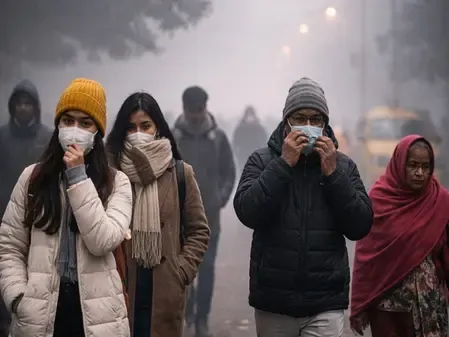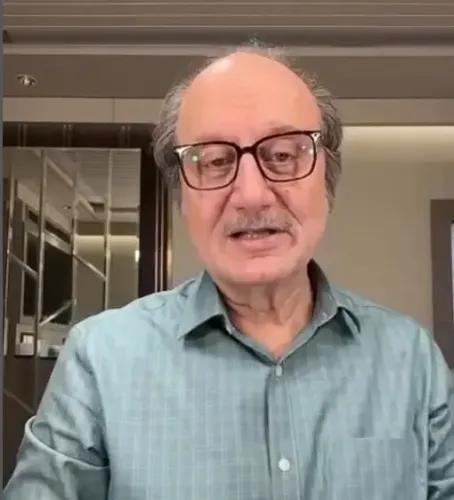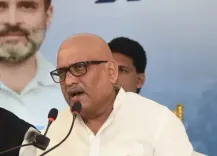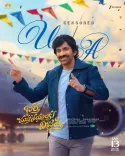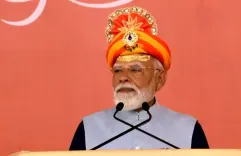Did Misinformation Campaigns Against RSS Start in 1932-33?
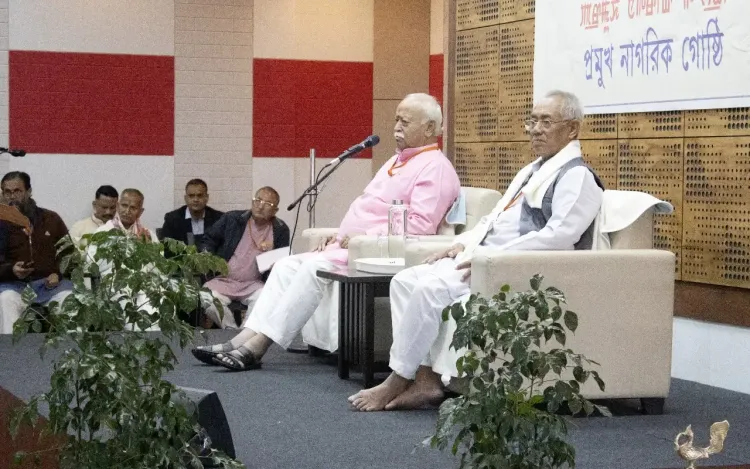
Synopsis
Key Takeaways
- Misinformation about RSS dates back to 1932–33.
- Social harmony and civilizational unity are essential for national peace.
- RSS aims to unify the Hindu community, including those who oppose it.
- The term 'Hindu' is used as a cultural descriptor, not a religious one.
- Skill development is crucial for socio-economic empowerment.
Imphal, Nov 20 (NationPress) The chief of Rashtriya Swayamsevak Sangh (RSS), Mohan Bhagwat, stated on Thursday that campaigns spreading misinformation about the RSS date back to 1932–33, originating from sources outside of Bharat that did not comprehend the nation's cultural and civilisational essence.
During the initial day of his three-day visit to Manipur, the RSS Sarsanghchalak addressed various dignitaries, underscoring the importance of social harmony, civilisational unity, and the long-term peace of the state.
He highlighted the necessity for a comprehension of the RSS based on factual information rather than perception-based narratives. Bhagwat reflected on the Sangh's civilisational contributions, national obligations, and ongoing initiatives aimed at fostering a peaceful and resilient Manipur.
According to him, the RSS remains a topic of daily discourse across the nation, often influenced by perceptions and propaganda.
He observed that the work done by the Sangh is unparalleled, stating, “There is no organisation that can be compared to the RSS, much like the sea, sky, and ocean stand unique. The growth of the RSS is organic, and its methodology was established after 14 years since its inception. To comprehend its essence, one must participate in a Shakha. The aim of the RSS is to unify the entire Hindu community, including those who may oppose it, rather than establishing a power hub within society.”
Reflecting on the life of RSS founder K.B. Hedgewar, Bhagwat emphasized his scholarly accomplishments, patriotic fervor, and active participation in various facets of the freedom struggle.
He noted that Hedgewar's realization of the necessity for a cohesive and qualitatively enhanced society led to the establishment of the RSS.
“The Sangh is a methodology for personal development,” he remarked, urging individuals to grasp the organization through its shakha framework.
He clarified that the term “Hindu” in this context serves as a cultural and civilisational descriptor rather than a religious label. It should be understood as an adjective rather than a noun.
For a robust Rashtra, he emphasized the significance of “quality and unity.” The advancement of a Rashtra relies not solely on its leaders but on a strong and united society.
He lauded the inclusive nature of Hindu philosophy, quoting, “Ekam Sat Vipra Bahudha Vadanti.” He articulated that truth, compassion, purity, and austerity are the foundational elements of Dharma, which represent the heart of our Hindu civilization.
“Vividhata (diversity) is not merely a concept; it symbolizes the inherent unity present within society.” Discussing Bharat's ancient nationhood, he asserted, “Our Rashtra did not arise from western state frameworks but rather through the 'tapasya' of esteemed ancient sages for the betterment of humanity. Principles like Vasudhaiva Kutumbakam embody the universal perspective of Hindutva.
Highlighting the imperative of fostering apanatva (sense of belonging), Bhagwat stated, “As our societal strength amplifies, the world will heed our words. The weak are seldom listened to. The mission of the Sangh is to cultivate capable individuals for a robust and harmonious Hindu Samaj.”
He reiterated that the RSS does not function for its own fame.
“Tera vaibhav amar rahe Maa Ham Din Chaar Rahe Na Rahe. Such dedicated individuals are the heroes envisioned by our Gurus,” he added.
During his speech, Bhagwat introduced the Panch Parivartan initiatives that are being implemented during the centenary year of the RSS. These initiatives include Samajik Samarasata (Social Harmony), Kutumb Pravodhan (Family Awakening), Paryavaran Sanrakshan (Environmental Protection), Swabodh (Understanding Our Identity and Promoting Indigenous Products), and Nagarik Kartavya (Civic Responsibility).
Bhagwat praised Manipur's rich cultural traditions, including the donning of traditional attire during significant events and the use of indigenous languages, encouraging further enhancement of these practices.
Regarding the current situation in Manipur, Bhagwat noted that efforts are ongoing at both community and societal levels to restore stability.
“Destruction can happen in moments, but rebuilding demands years, especially when pursued inclusively and without harm to others. Peace-building necessitates patience, collective effort, and social discipline,” he remarked.
He emphasized that society must shoulder responsibilities beyond expecting everything from the government.
“We must be self-sufficient as a society for a Swavalambi Bharat. The RSS consistently advocates for robust social capital,” the RSS chief affirmed.
He also stressed the importance of skill development for fostering an economically empowered community. He concluded by reiterating the Sangh's enduring ideal -- “Sampoorna Samaj ka Sangathan by Sajjan Shakti.”
The Sarsanghchalak further engaged with attendees on topics like skill enhancement.
Bhagwat arrived in Imphal for a three-day visit to Manipur on Thursday, marking his first trip since ethnic tensions erupted in the state in May 2023.
An RSS state functionary noted that Bhagwat's visit is part of the nationwide centenary celebrations of the RSS.
He added that the septuagenarian leader received a warm welcome upon his arrival at the Imphal airport after a four-day trip from Assam.


